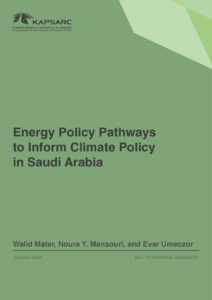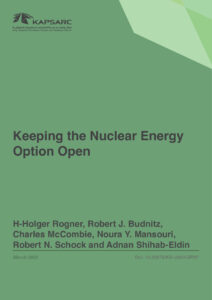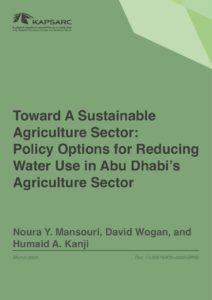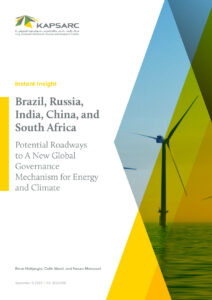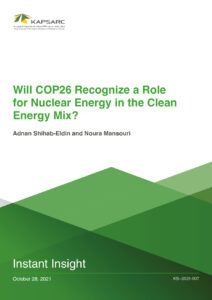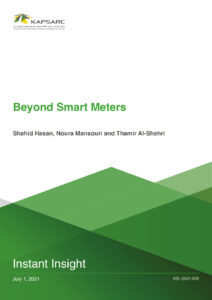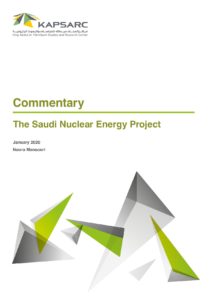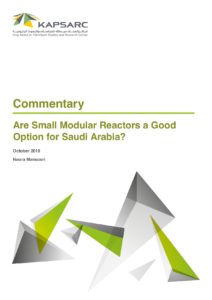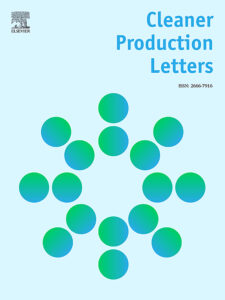Noura Mansouri is a fellow in the Climate & Sustainability team under Knowledge and Analysis. She is leading two projects: (i) The Circular Carbon Economy Technology Roadmaps (CCE-TRMs), and (ii) the Nationally Determined Contributions Implementation Roadmaps (NDC-IRMs). Noura served as the (lead) co-chair of the T20 Task Force on Climate Change and Environment/Sustainable Energy since the Saudi G20 presidency and continued the role under subsequent presidencies including the Italian, Indonesian and Indian G20 presidencies. Dr. Mansouri has over 20 years of research and professional experience including academia, think tank, and international energy company experiences. She earned her MBA and Ph.D. degrees in climate change, sustainability and energy transitions from the University of London and completed a postdoctoral fellowship at MIT. She is the author of Greening the Black Gold: Saudi Arabia’s Quest for Clean Energy. Noura has published extensively and spoken widely on climate change, sustainability, and energy transition.

